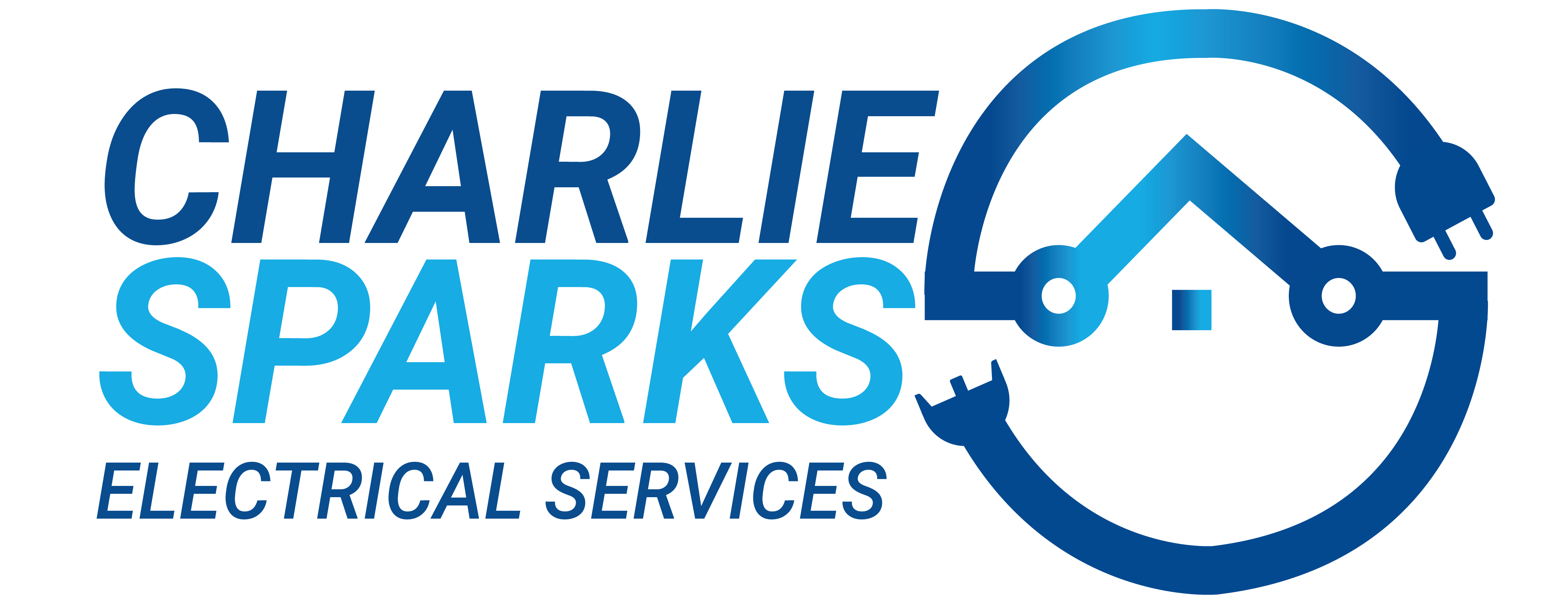Perhaps, you are here as you plan to buy an electric vehicle. You wish to know precisely how much power an EV charger uses.
We often help homeowners in making their residences EV ready. So, math is at our fingertips. Here’s a look at some significant numbers.
Level 1 Charging Cable
Level 1 charging cables are supplied by EV manufacturers. Yet, this is the slowest option for fully charging the electric vehicle battery.
Level 1 charger works with household AC sockets (240-volt 10-amp). But it requires 48 hours to charge the battery. Roughly ten minutes of charge can provide a maximum of 2 kilometers range.
Level 1 chargers cost around $0.15 -0.30 per kWh. But it is crucial to note that every electric vehicle differs in kilowatt hours (kWh) consumed per 100km.
The average cost for fully charging a battery comes to around $8.90. Numbers might change slightly depending on the electricity tariff in your region and vehicle type.
Level 2 Chargers
If you wish to charge your EV within 8 to 12 hours, you should opt for a Level 2/wall charger. These devices are not just fast but convenient and safe.
Level 2, also referred to as AC fast chargers, require a (240v) 10-15 amp socket. One hour of charging is sufficient to get a 140 kilometers range.
You can expect a minimum of 7.2kW per hour of charging with AC fast chargers.
Level 2 chargers consume around 13.4 kWh of electricity each day. The average rate for charging using a level 2 charger is $0.20 per kWh. Yet again, rates vary depending on the energy supplier’s tariff and the vehicle battery specifications.
Most level 2 chargers are priced between $950 and $1500.
You can consider opting for the 22kW charger variant if your residence has a three-phase-power connection. However, most EVs only support a rate of 7.6kW.
How Many Solar Panels Are Required to Take Care of Ev Charging Needs?
Besides your house’s daily power requirement, you need 2 kilowatts of energy. So, your home will require 4-6 additional panels (depending on the frame’s rating) to cover your EV charging.
You would certainly have to invest once in solar panels. However, with a solar system in place, the EV charging cost will become zero if you charge the vehicle during day time.
Is Your Home Ev Ready?
Where do you plan to park your vehicle while it charges? Is there a garage or dedicated parking space? Have you finalized any location to install the wall charger?
Most importantly, does the house’s existing switchboard have an additional circuit space? You certainly need one for the charging point. So don’t wait until the last moment; book a licensed electrician from Charlie Sparks Electrical Services for an inspection today. Let’s make your home EV ready!




